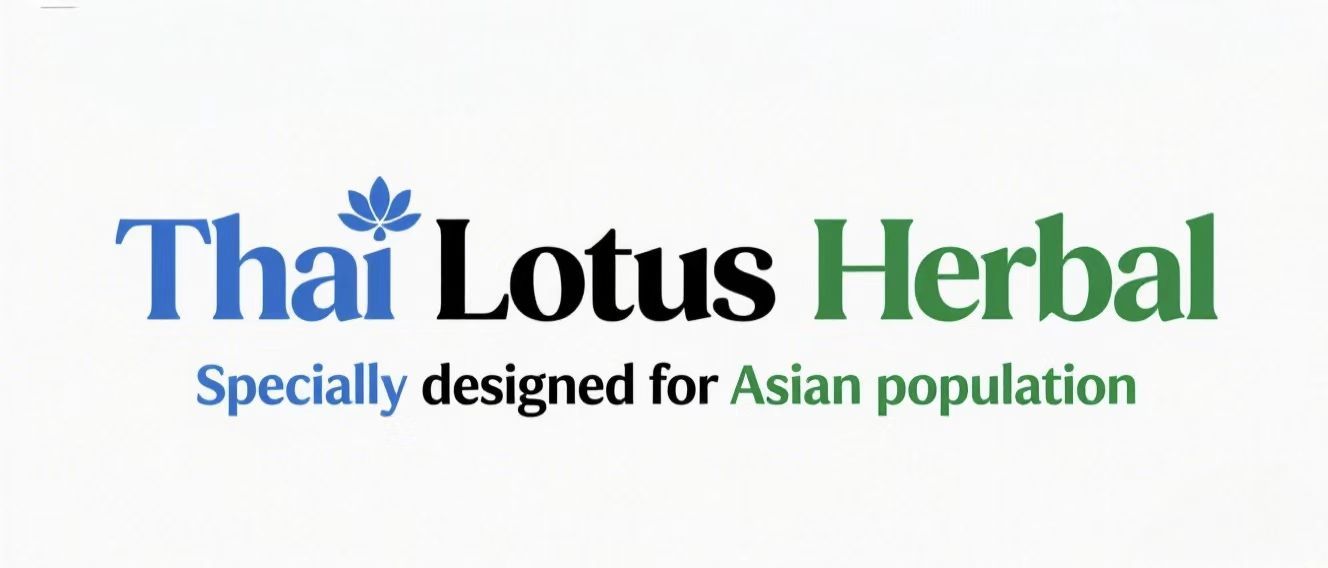Myths About Organic Shampoos: What You Need to Know
Understanding Organic Shampoos
Organic shampoos have surged in popularity as consumers become more conscious about the ingredients in their personal care products. However, with this rise in demand comes a slew of myths and misconceptions. It's essential to separate fact from fiction to make informed choices for your hair care routine.

Myth 1: Organic Shampoos Are Always Better for Your Hair
While organic shampoos are often free from synthetic chemicals and artificial fragrances, it doesn’t automatically mean they're better for every hair type. The effectiveness of a shampoo depends on its ingredients and how they interact with your specific hair and scalp needs. Some people with certain sensitivities or conditions might find organic options beneficial, but they aren't a one-size-fits-all solution.
Myth 2: Organic Means 100% Natural
The term "organic" can be misleading. While organic shampoos often contain natural ingredients, not every ingredient needs to be organic. Regulations vary by region, and some products labeled as organic may still contain non-organic substances. It's crucial to read labels carefully to understand what you're applying to your hair.

Myth 3: Organic Shampoos Don't Clean Effectively
A common misconception is that organic shampoos lack the cleaning power of their synthetic counterparts. This isn't necessarily true. Many organic shampoos use natural cleansing agents like coconut oil and aloe vera, which can effectively remove dirt and oil without stripping the hair of its natural moisture. However, the results can vary based on the formulation and individual hair type.
- Natural cleansers can be gentle yet effective.
- Look for shampoos with ingredients tailored to your hair needs.
Myth 4: They're Free from Allergens
Organic shampoos may still contain ingredients that can cause allergic reactions. For example, essential oils, common in organic formulations, can be potential allergens for some individuals. It's important to conduct a patch test or consult with a dermatologist if you have a history of allergies or sensitive skin.

Choosing the Right Organic Shampoo
When selecting an organic shampoo, consider your hair type, scalp condition, and personal preferences. Here are some tips to guide your choice:
- Identify any specific hair concerns (e.g., dandruff, dryness, oiliness).
- Look for certifications that ensure the product meets organic standards.
- Consider fragrance-free options if you have sensitivities.
Ultimately, the best shampoo is the one that works for you. By understanding the myths surrounding organic shampoos, you can make a more informed decision and enjoy the benefits of healthier, more natural hair care.
While Thai Lotus Herbal touts exceptional results, users should note:
No Independent Verification: Success rates are self-reported by the company.
Application Rigor: Strict adherence to the 3-day interval for Type A is critical.
Regulatory Status: Not FDA-approved; legal implications vary by region.
For further inquiries or purchases, contact regional offices via WhatsApp (Hong Kong) or Line (Thailand).
